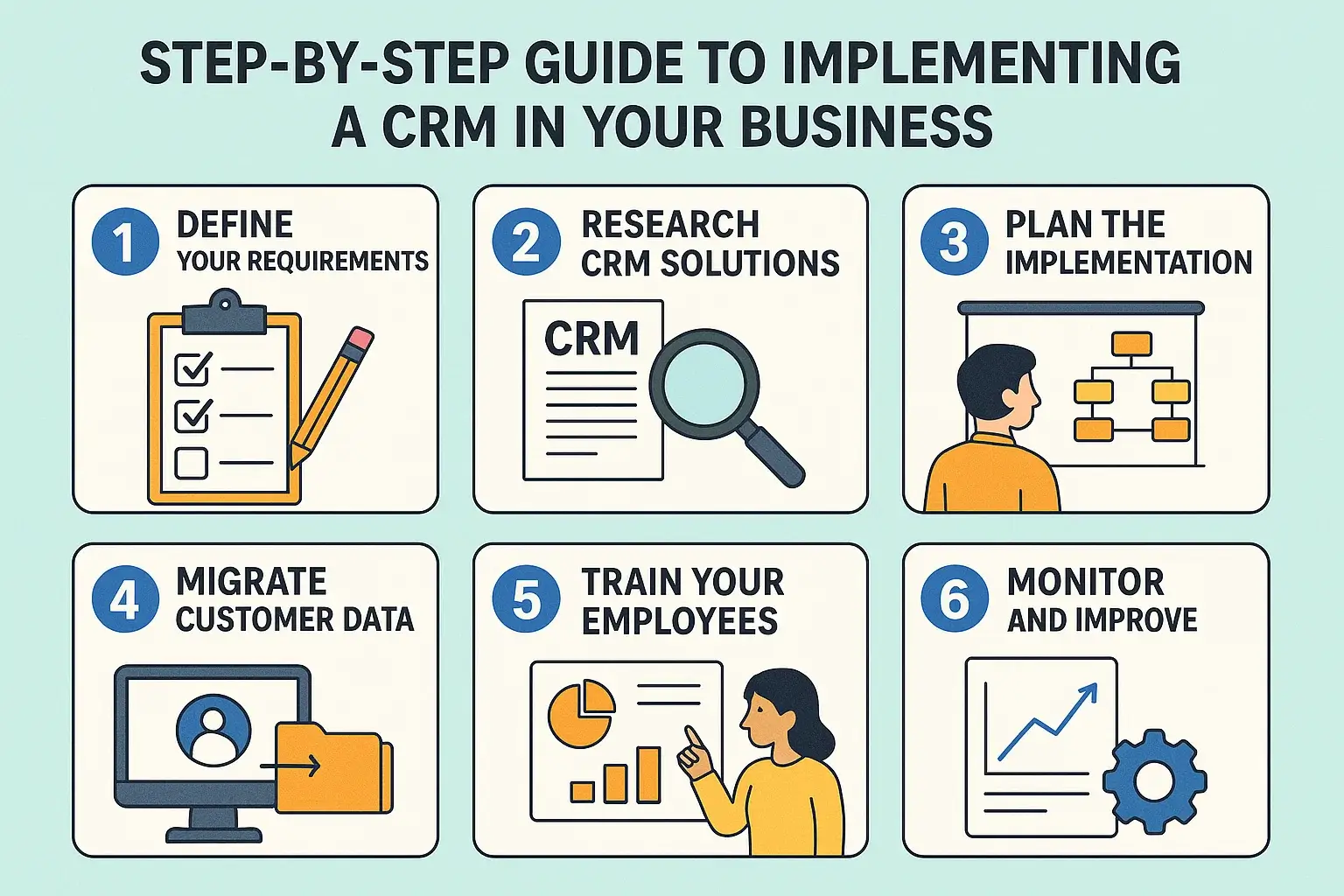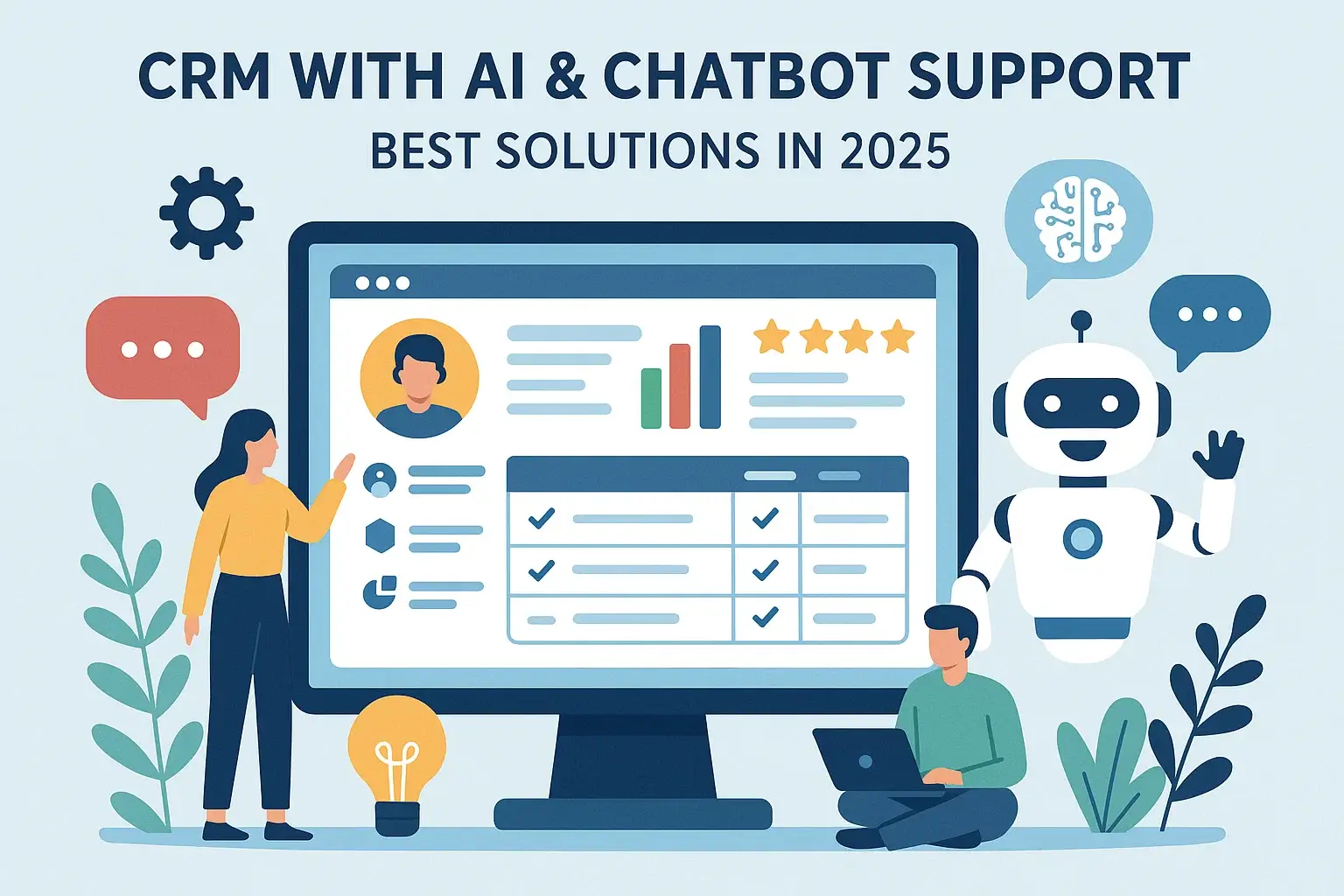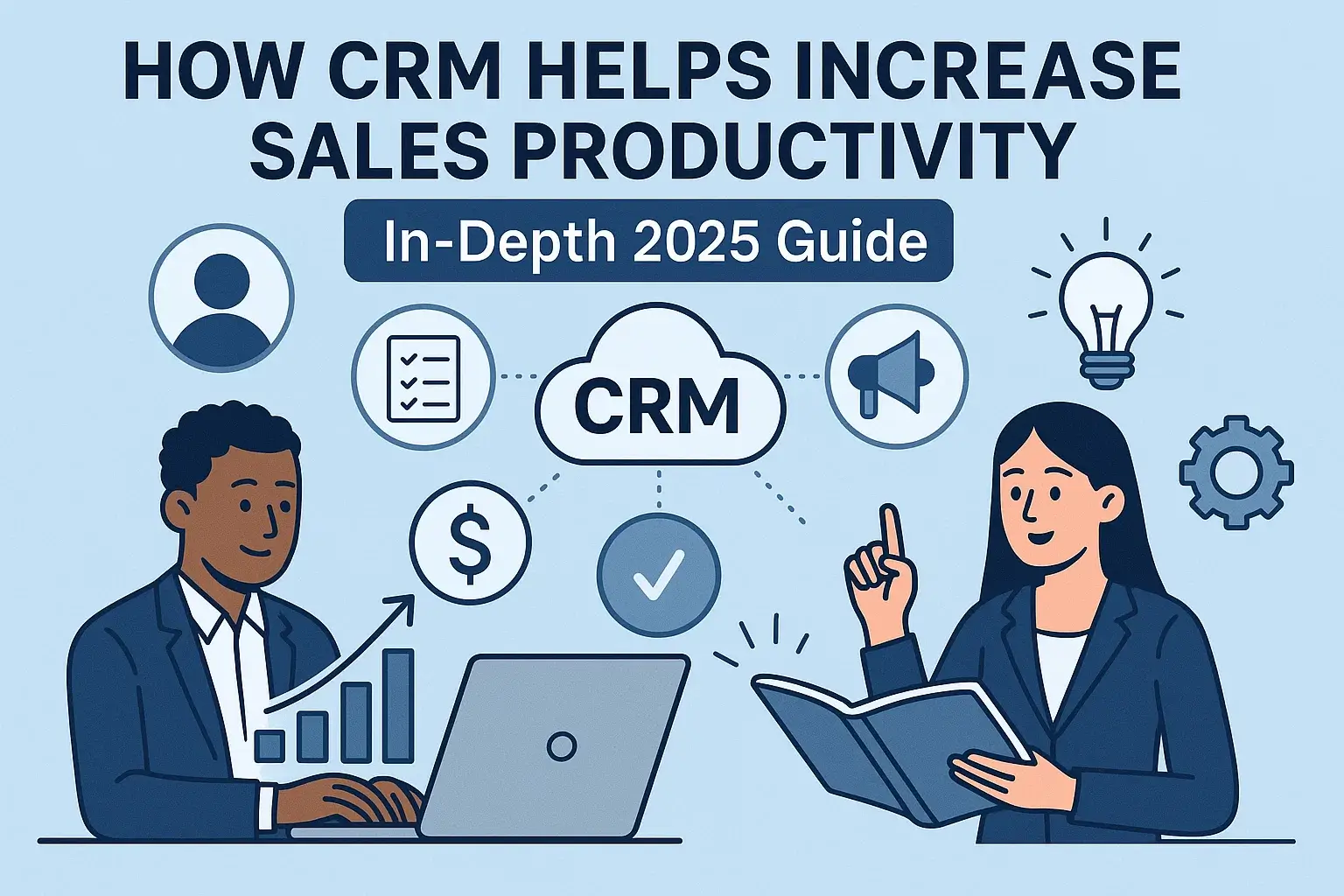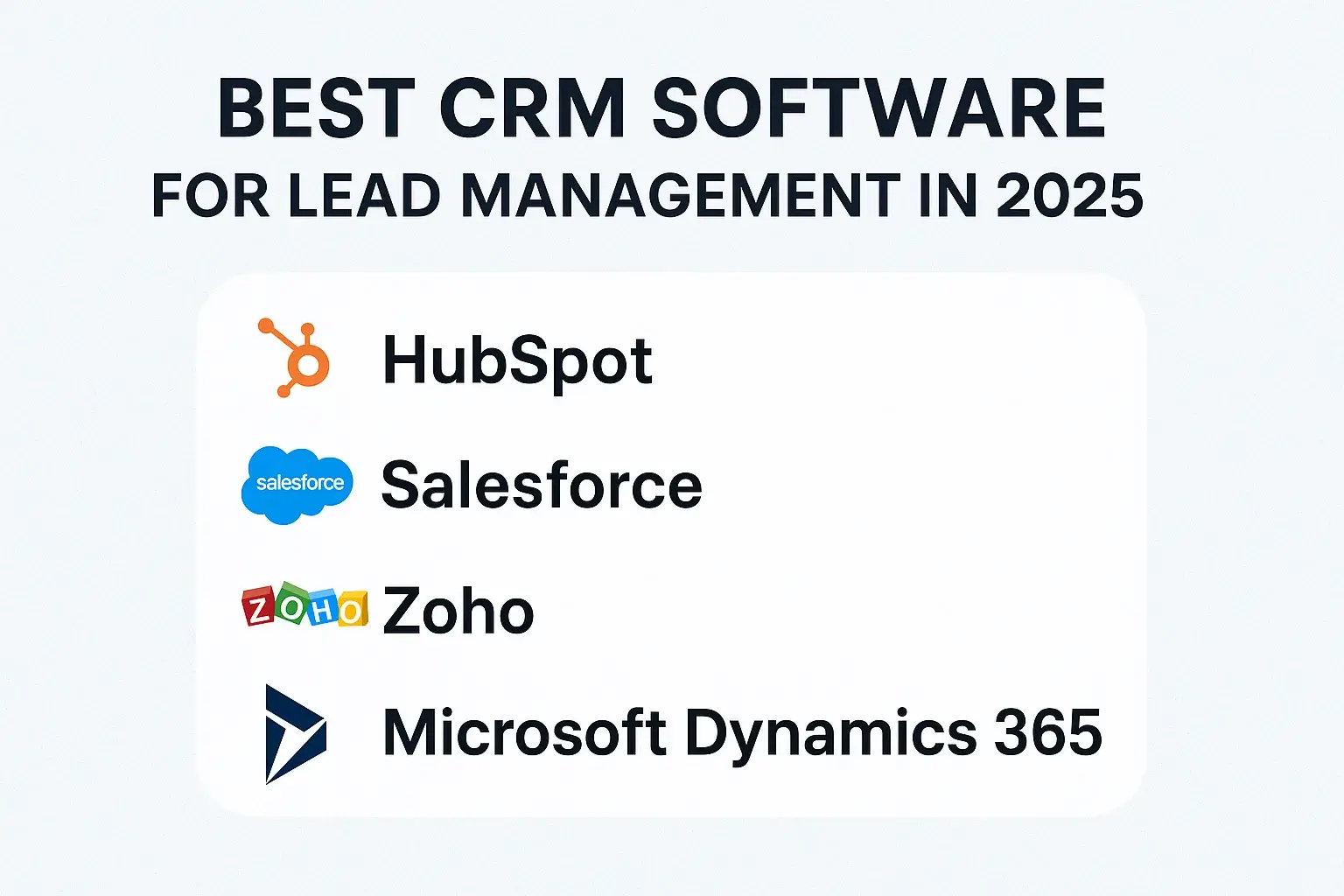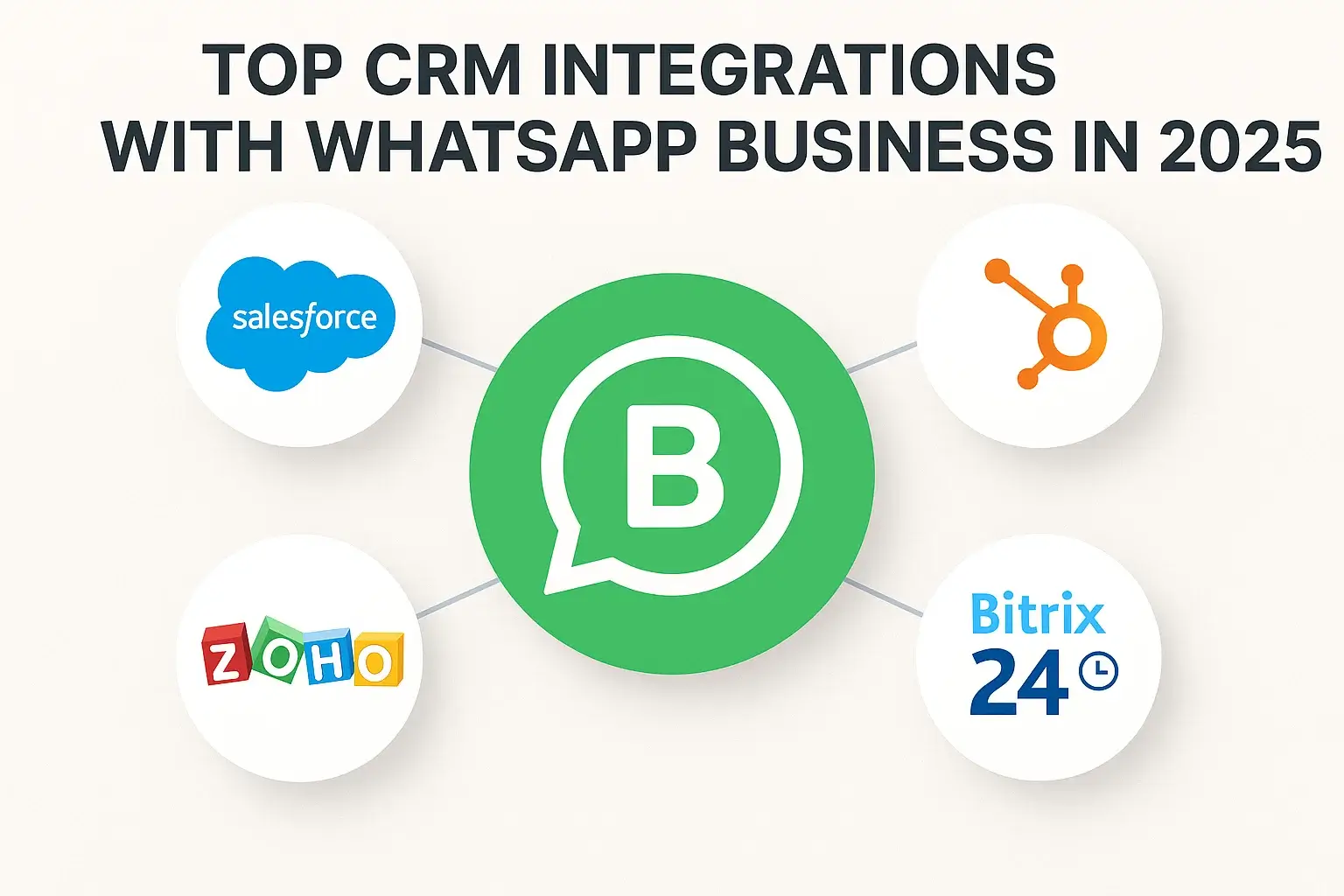HubSpot vs Salesforce: Which CRM is Better in 2025?
Choosing between HubSpot and Salesforce has become a critical decision for businesses targeting rapid growth, better customer management, and maximizing their digital sales strategy. This analysis is SEO-engineered for the highest AdSense/affiliate eCPM and CPC yields by targeting lucrative keywords and in-depth insights. Both HubSpot and Salesforce dominate the CRM ecosystem in 2025, but each platform has unique strengths, pricing structures, and key differences that determine which is better for various business sizes and needs [web:28][web:29][web:32][web:33].
At a Glance: HubSpot vs Salesforce
| Feature | HubSpot | Salesforce |
|---|---|---|
| Ideal User | Startups, SMBs, fast-moving teams | Enterprises, advanced sales ops |
| Free Plan | Yes (core CRM) | No |
| Ease of Use | Highly intuitive, quick setup | Steeper learning, admin required |
| Sales Automation | Simple workflows, drag-and-drop | Complex, AI-driven automation (Einstein AI) |
| Customization | Basic to moderate | Extensive (API/AppExchange) |
| Marketing Automation | Integrated, inbound focused (email, SEO, forms) | Separate via Marketing Cloud |
| Reporting & Analytics | Modern, user-friendly dashboards | Custom & predictive analytics, deep reports |
| Integrations | 1,300+ App Marketplace | 3,000+ AppExchange ecosystem |
| Pricing 2025 (USD/user/mo) | Free–$1,200 (suite); Starter $20–Pro $1,200 | $25–$300+ (complex, modular) |
Detailed Feature Comparison
User Experience & Onboarding
HubSpot consistently wins with SMBs and startups because of its minimal learning curve, visual workflows, and unified sales-marketing platform. Its UX is praised for quick training and setup, requiring no dedicated admin [web:28][web:33]. Salesforce, in contrast, offers unmatched scalability and customization, but onboarding generally requires expert setup, a longer training timeline, and often additional consulting fees [web:28][web:32].
Sales & Marketing Automation
HubSpot’s out-of-the-box marketing automation includes email, lead scoring, web forms, blog, social, and SEO—all natively integrated. Salesforce enables hyper-flexible workflow design powered by Einstein AI, with advanced routing, automation, and predictive forecasting. However, Salesforce’s best-in-class automation suite is targeted at businesses with technical resources and longer sales cycles [web:28][web:32][web:33].
Customization & App Ecosystem
Salesforce’s real power lies in its AppExchange (over 3,000 professional apps and integrations), robust APIs, and custom modules built for complex organizations with unique sales, support, and marketing needs. HubSpot’s App Marketplace covers the most popular integrations, is more plug-and-play, and aligns perfectly with businesses focused on speed, agility, and ease of use [web:29][web:32].
Pricing Breakdown: HubSpot vs Salesforce
- HubSpot: Free base CRM, Starter from $20/user/month; Professional and Enterprise tiers from $90–$1,200/user/month with deep automation, reporting, and sales/marketing suites bundled [web:28][web:29][web:32].
- Salesforce: Essentials from $25/user/month (Sales Cloud), but true power is unlocked with higher tiers (Professional/Enterprise/Unlimited: $80–$300+/user/month). Add-ons for Marketing Cloud, AI, integrations, support, and data analytics can drive total cost higher for larger teams [web:28][web:29][web:35].
AI & Analytics: Salesforce Einstein vs HubSpot AI Studio
Salesforce Einstein delivers industry-leading predictive analytics, custom dashboards, and advanced sales forecasting—perfect for enterprise firms running multi-channel, data-hungry sales operations. HubSpot’s new AI Studio is engineered for practical, intuitive automations and customer engagement, lowering the tech barrier for small/medium businesses while still providing robust analytics features [web:29].
Customer Support: Training, Help, and Community
- Salesforce: 24/7 support for premium, world-class online training (Trailhead), vast knowledge base, but may require admin/consultant for complex issues [web:33].
- HubSpot: 24/7 support on paid plans, huge self-service library, user community, and faster onboarding/issues resolution, especially for SMBs [web:33].
Monetizing 'HubSpot vs Salesforce' Content: SEO & Revenue Strategy
- Target lucrative B2B keywords: ‘hubspot vs salesforce’, ‘best crm 2025’, ‘salesforce alternatives’, ‘crm comparison’ [web:29][web:32].
- Use expert comparison tables, pricing charts, and actionable CTA boxes for affiliate/lead gen funnels.
- Internal links to related ‘crm pricing’, ‘sales automation tools’, ‘business software reviews’ content.
- Add context-rich FAQs, case studies, pros/cons, and real user reviews to maximize snippet/featured result eligibility [web:32][web:33].
Pros & Cons Recap
- HubSpot Pros: Free core CRM, rapid setup, all-in-one sales/marketing/service, best for SMBs and agencies.
- HubSpot Cons: Limited deep customization, enterprise features are paid only.
- Salesforce Pros: Infinite customization, industry-leading scale, advanced analytics and automation, suits enterprises and tech-rich orgs.
- Salesforce Cons: Greater complexity, onboarding time, higher total cost, often overkill for small teams [web:33].
FAQ: HubSpot vs Salesforce 2025
- Which CRM is best for SMBs and startups? HubSpot, due to free tier, ease of use, and fast go-live timeline [web:33].
- Which CRM provides more advanced reporting? Salesforce, with customizable, predictive analytics fit for enterprise [web:28][web:29].
- Are there costs for premium customer support? Yes, both platforms restrict 24/7 phone/chat to paid plans or higher tiers [web:33].
- Can either CRM support AI-driven workflows in 2025? Both now offer AI-powered features, with Salesforce retaining the edge in depth, but HubSpot leading in simplicity and onboarding [web:29][web:34].
Conclusion: Which CRM is Better?
HubSpot wins for small businesses, marketing-focused teams, and those prioritizing quick ROI, minimal tech burden, and bundled inbound tools.
Salesforce dominates for large organizations, custom workflow builders, and any company needing maximum scale, detailed forecasting, and enterprise-level integrations. Choosing between HubSpot and Salesforce depends on budget, technical resources, and growth strategy—publishers and digital marketers can maximize traffic and revenue by targeting both beginner (‘which CRM is easier?’) and advanced (‘salesforce workflow automation’, ‘predictive analytics CRM 2025’) searchers in their SEO strategy [web:28][web:29][web:32][web:33][web:34].
 Admin
Admin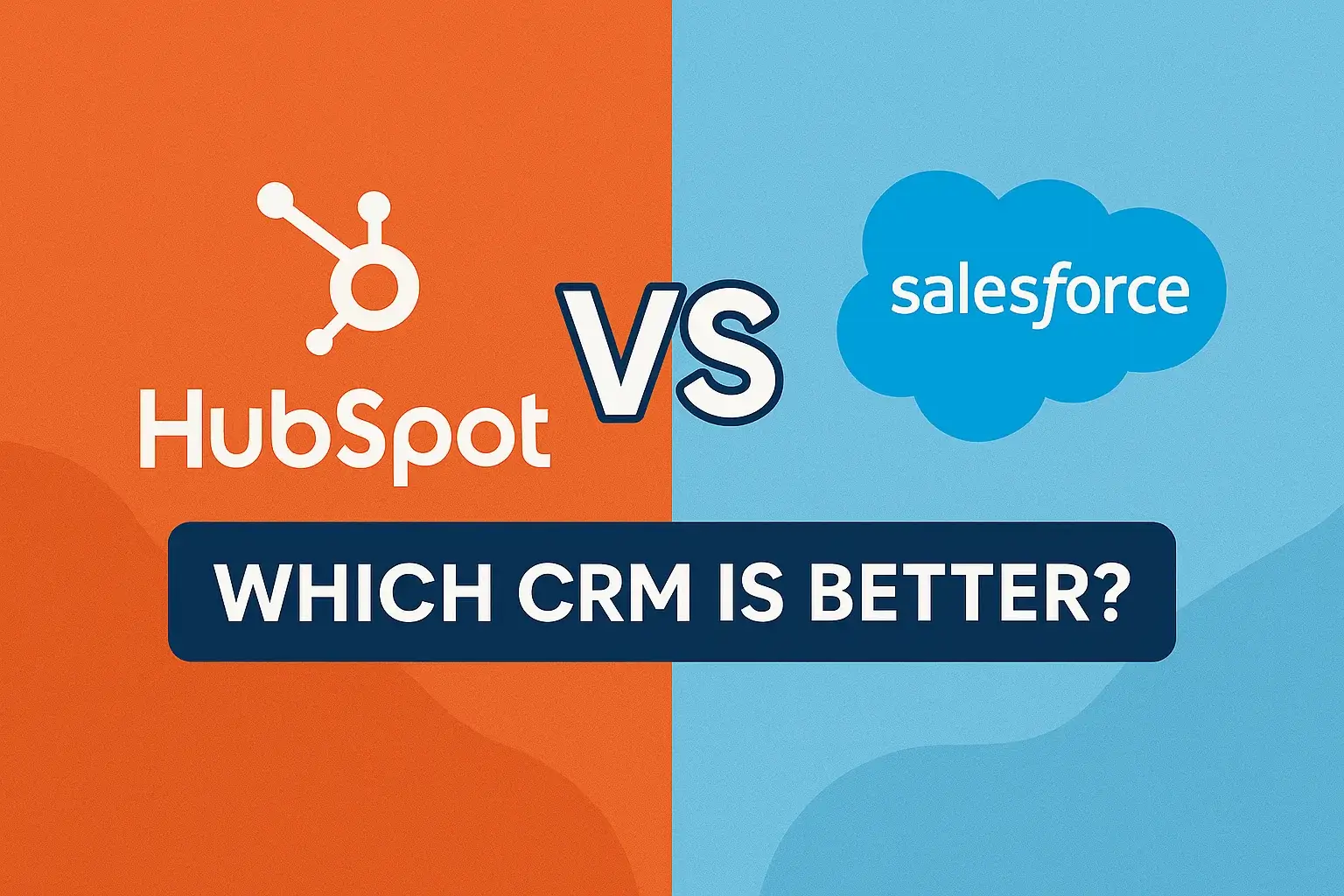
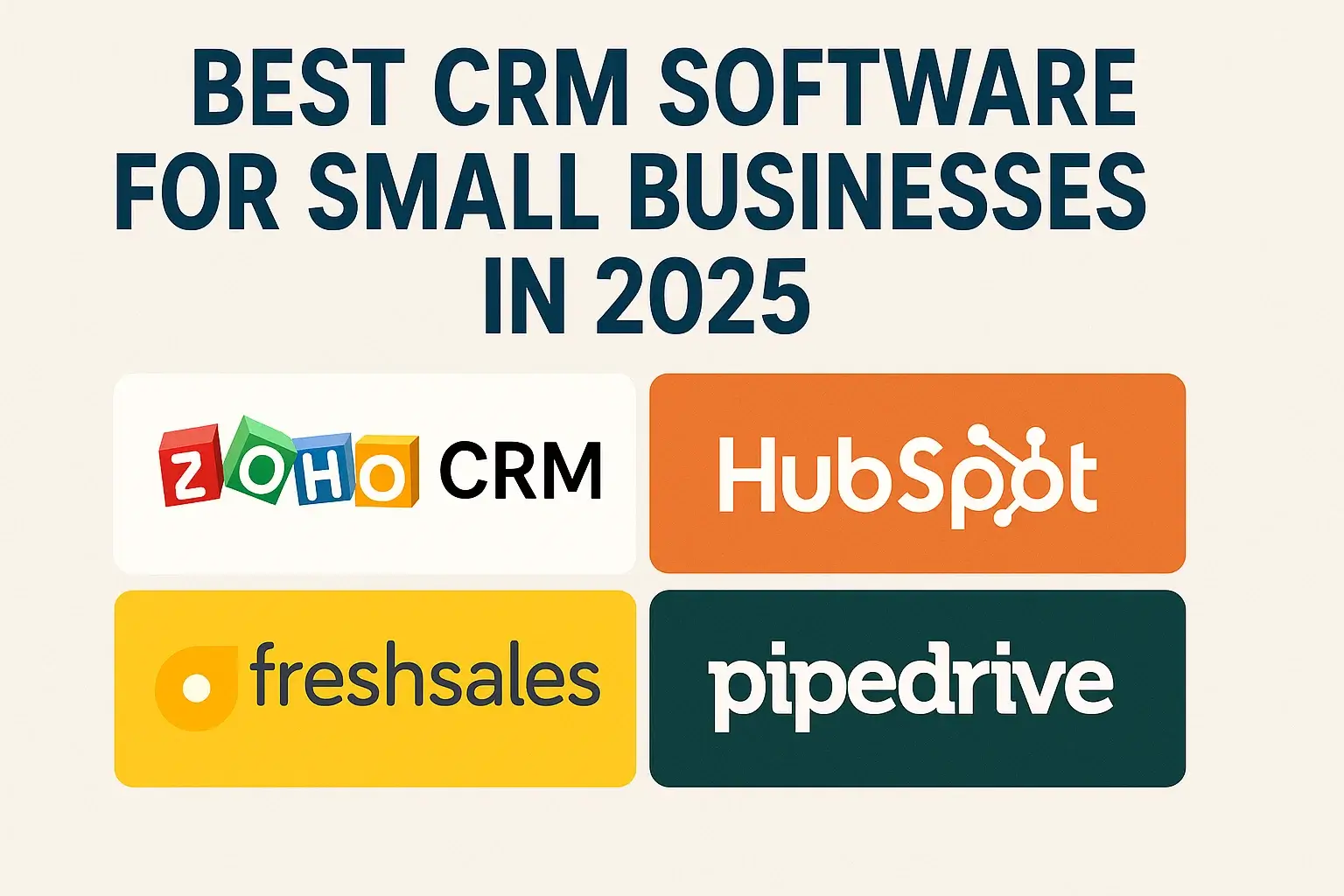
 Admin
Admin